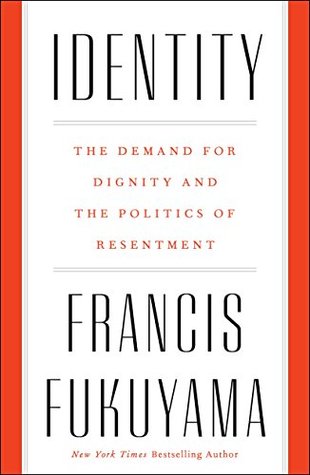all human beings were held to be capable of moral choice, a capacity that in Protestant thought was said to reside deep inside each individual. This concept of universal dignity was then secularized in the form of rational moral rules by Kant. To this, Rousseau added the idea that the inner moral self was not just capable of binary moral choices, but was filled with a plenitude of feelings and personal experiences that were suppressed by the surrounding society; access to those feelings rather than their suppression became the moral imperative. Dignity now centered on the recovery of the
...more
Welcome back. Just a moment while we sign you in to your Goodreads account.


